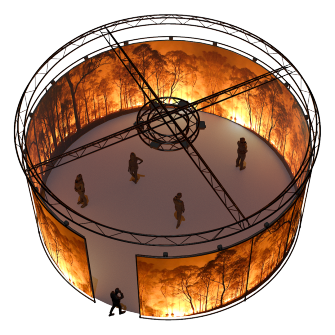Impact case studies
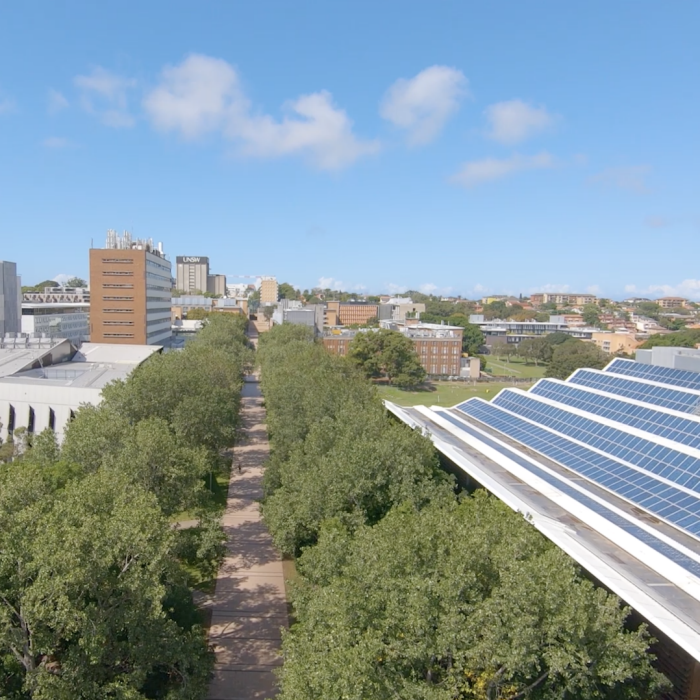
The UNSW mission is to advance Progress for All globally, through transformative education, innovative research and meaningful engagement with people, communities and partners in Australia and around the world.
Explore how we contribute to positive societal change through our impact case studies that showcase where knowledge meets action, innovation sparks change, and progress is driven by our commitment to improve life on Earth for all.

Solar technology: a powerful force to combat climate change
Learn about UNSW Scientia Professor Martin Green and his development of the world’s most commercially viable solar cell technology.
Read more
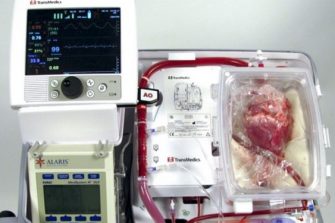
‘Heart in a Box’ technology increases heart transplants by 25% in 8 years
UNSW Professors Peter Macdonald and Dr Yashutosh Joshi pioneered Heart in a Box technology in 2014 that allows surgeons to transplant donor hearts that have stopped beating after death, also known as donation after cardiac death hearts (DCD hearts).
Read more

UNSW students provide safe drinking water in Uganda
UNSW Engineering students have worked with Gulu University & ASEI to provide safe drinking water to schools & healthcare facilities in Northern & Western Uganda.
Read more
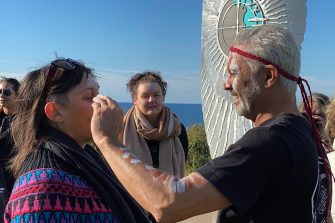
Supporting Aboriginal and Torres Strait Islander education through cultural
We're dedicated to recognising that the knowledges and cultures of Indigenous peoples are a resource all Australians can learn from. Discover the Culturally Nourishing Schooling and Cultural Residents Project led by UNSW’s School of Education in the faculty of Arts, Design & Architecture.
Read more
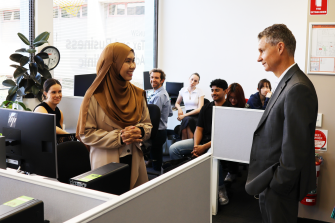
UNSW students give free tax advice to financially vulnerable people
UNSW Tax and Business Advisory Clinic offers a free, year-round, state-wide business clinic for people in serious financial hardship.
Read more
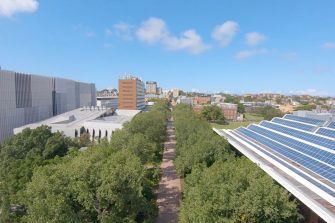
Towards Net Zero: UNSW runs on 100% renewable electricity
Globally, the shift towards producing and using renewable energy is increasing. Over the past decade the production of renewable energy has more than doubled, and its share of total primary energy consumption has grown from 9% to 13%. However, despite this growth, the use of fossil fuels is still increasing to meet energy demands.
Read more





